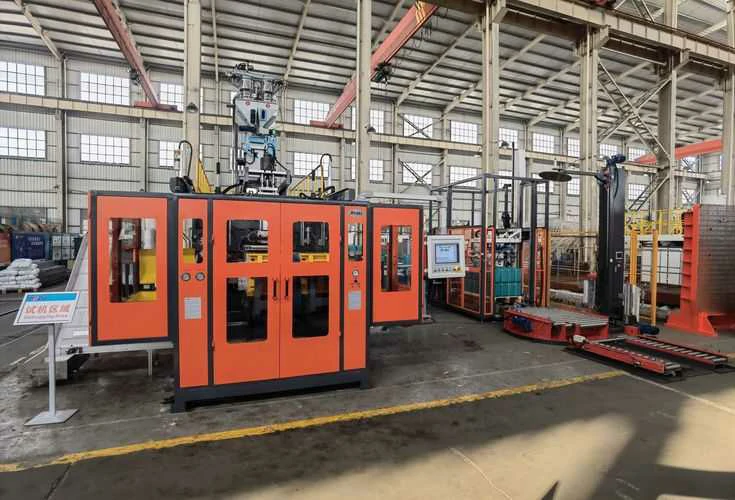**What Drill Bit Should Be Used for Drilling Holes in the Wall**
When it comes to drilling holes in the wall, choosing the right drill bit is essential to achieve the best results. The type and size of drill bit you use can make a significant difference in the outcome of your project. From common materials like drywall to tougher surfaces such as concrete or brick, selecting the appropriate drill bit will ensure that you achieve clean, precise holes without damaging the wall. In this article, we will explore the various types of drill bits available for drilling into different wall materials and provide insights into how to choose the right one for your specific needs.
The Basics of Drill Bits
Before delving into the specific types of drill bits for different wall materials, it’s important to understand the basics of drill bits. Drill bits come in various shapes and sizes, each designed for specific applications and materials. The most common types of drill bits include twist bits, masonry bits, spade bits, auger bits, and hole saws. Twist bits are versatile and suitable for drilling into wood, plastic, and metal. Masonry bits, on the other hand, are designed for drilling into hard materials such as concrete, brick, and stone. Spade bits are ideal for drilling large holes in wood, while auger bits are more suited for deep wood drilling. Hole saws, as the name suggests, are used for creating large-diameter holes in wood, plastic, and metal.
Drilling into Drywall and Plaster
When drilling into drywall or plaster, it’s crucial to use the right type of drill bit to prevent damage to the wall surface. For these materials, standard twist drill bits are typically sufficient. These bits have a sharp point and spiral grooves for removing debris, making them ideal for creating clean holes in drywall and plaster. It’s important to choose the appropriate size of the twist bit based on the diameter of the hole you need. Additionally, using a low drill speed will help prevent cracking or chipping of the delicate surface.
Drilling into Concrete and Brick
Concrete and brick are much harder materials compared to drywall and require specialized drill bits for effective drilling. Masonry bits, also known as hammer drill bits, are specifically designed for drilling into these tough surfaces. They feature a carbide tip that is capable of withstanding the hardness of concrete and brick, allowing for efficient drilling without excessive wear or breakage. When using masonry bits, it’s essential to operate the drill at a low speed with moderate pressure to gradually penetrate the material without overheating the bit.
Choosing the Right Size
Regardless of the material you’re drilling into, selecting the right size of drill bit is crucial for achieving the desired hole diameter. Using a drill bit that is too small can result in time-consuming and inefficient drilling, while using a bit that is too large may compromise the integrity of the wall and lead to imprecise holes. It’s important to measure and mark the drilling location accurately and choose a drill bit that matches the required hole size. Additionally, some projects may require pilot holes to be drilled before using larger bits to ensure precise and clean results.
Maintaining Safety and Accuracy
When undertaking any drilling project, safety should always be a top priority. It’s important to wear appropriate protective gear, such as safety goggles and gloves, to safeguard against flying debris and potential accidents. Additionally, securing the workpiece firmly in place with clamps or vices will help maintain accuracy and prevent slippage during drilling. Always ensure that the drill is held steady and perpendicular to the surface to avoid creating angled or misaligned holes. Lastly, it’s advisable to test the drill bit on a scrap piece of the same material to gauge its performance and make any necessary adjustments before proceeding with the actual drilling.
In conclusion, selecting the right drill bit for drilling holes in the wall is integral to the success of any DIY or construction project. By understanding the properties of different drill bits and matching them to the specific wall material and hole size requirements, you can achieve professional-looking results while preserving the integrity of the wall surface. Whether it’s for hanging shelves, installing fixtures, or any other application that involves drilling into walls, choosing the appropriate drill bit will ensure that the job is completed efficiently and accurately, with minimal risk of damage.
.webp)
